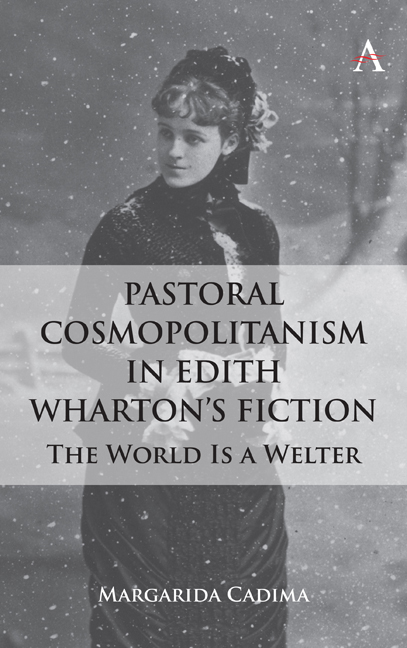Chapter 7 - Edith Wharton's European Mountains of Leisure
Published online by Cambridge University Press: 28 February 2024
Summary
Edith Wharton's first experience of European mountains almost killed her. During a stay at a Black Forest resort, Bad Wildbad, in 1870, young Edith came down with typhoid fever and nearly died. It is revealing that during this time in Bad Wildbad she practiced her German by reading the New Testament, and she singles out one chapter that reverberated powerfully with her:
After six days Jesus took with him Peter, James and John the brother of James, and led them to a high mountain by themselves. There he was transfigured before them. His face shone like the sun, and his clothes became as white as the light. Just then appeared before them Moses and Elijah talking with Jesus. (Matthew 17:1–3)
In the Christian tradition, Mount Tabor is the site of the transfiguration of Jesus, a turning point in the gospel narratives, and it relates to Wharton on both a personal and a literary level in A Backward Glance. Hermione Lee develops this point by suggesting that “Europe” becomes “the stage” for “a more disturbing event, which Wharton marks as a moment of profound change in her character.”Lee's account reminds us that in the Old Testament, mountains—just like the seemingly limitless desert sands—become sites of grueling trial and testing, revelatory vision and heavenly intercession. Wharton is fascinated by the biblical tales of ascending a peak, confronting its atmospheric extremes and discovering a new grammar and syntax of felt sensation. This becomes a crucial facet of her European mountain texts.
The earliest account of a mountain holiday features in a letter to Anna Bahlmann from St. Moritz, in the 1890s, when Edith and Teddy spent a few days in the Alps. It opens with a brisk account of reaching “the top of the mountains in safety.” But it soon becomes a vivid word-painting of her surroundings, marked by the ebullience of an amateur geographer keen to share an awareness of how topographical curiosities emerge through determined bodily and mental endeavor: “The scenery was fairy-like – hills & valleys clothed with snow more blindingly white than you can conceive of, pine woods powdered with glittering crystals & feathery fringes of white, waterfalls turned into deep blue icicles, & suspended thus over the sheer edge of the rocks.
- Type
- Chapter
- Information
- Pastoral Cosmopolitanism in Edith Wharton's FictionThe World is a Welter, pp. 75 - 94Publisher: Anthem PressPrint publication year: 2023



